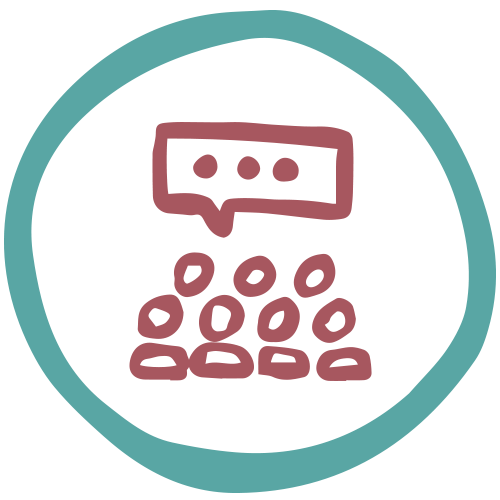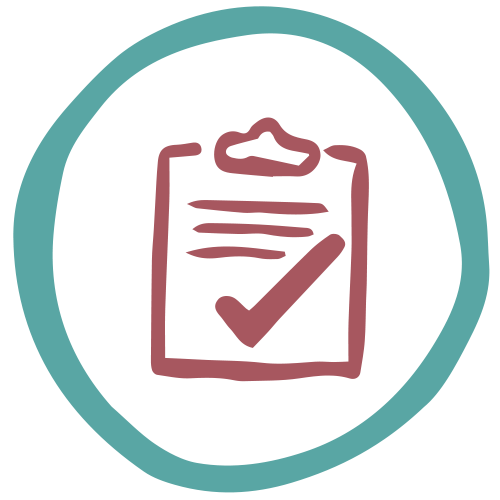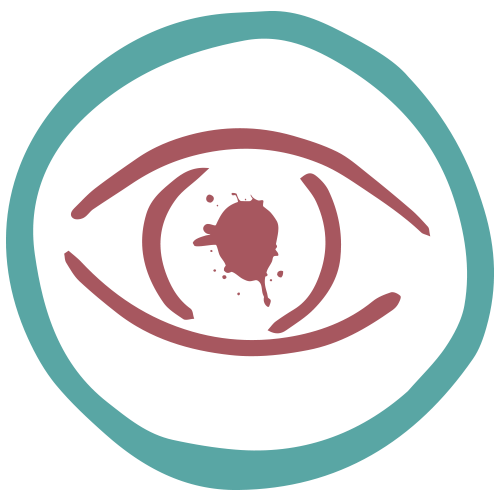This year we have been learning about gender and sexual equality and rights across the curriculum, and all around the world.
Using the ‘Runway 4 Change’ we mind-mapped all the awesome activities we have got up to so far.
“Doing this project, I felt amazed by all we have done” (student, age 11)
![]()
Social JUSTICE is about equality, fairness and well-being for all.
It’s about distributing the wealth, opportunities, and privileges within a society.
”Individuality gives way to the struggle for social justice"
![]()
“One of the goals in our school is to nurture pupils who are aware of their role in society, who embrace diversity and tolerance for all regardless of gender, sexual orientation, race or religion.
The display in our foyer fosters our ethos, with the words ‘Being different is the only thing we have in common. Come and celebrate our community”(Headteacher)
Addressing gender stereotypes through campaigning (expressive arts)
We designed a campaign that got people to think about the harmful impact of gender stereotypes. We dressed up in pink and blue for a day to raise awareness of stereotypical colours.
We also created sashes in the style of the suffragettes to highlight how our campaign was about the wider issues of equal rights.
We then started a petition on change.org to raise awareness of gender stereotyping. We aim to continue to develop our campaign during our entrepreneur week, and present what we have achieved to a whole school assembly!

Making an iMovie to address gender stereotypes in advertising (Digital competence and ICT)
We made an advert using iMovie to draw attention to different types of stereotyping in terms of gender – in clothing, in sports, in hobbies, in the world of advertising and much more.

Click the image below to read more about how 11 year old Mali is addressing gender inequalities in education, employment, relationships and more...

Debating gender & sexual rights in our philosophy session (health and well-being)
In our philosophy for children (P4C) sessions we have been debating the impact of gender stereotyping; gender and sexuality rights, body image, gender and sexual identity; equal access to education.
We sit in a circle. And we follow our rules, some of which are:
Hand out palm up if you want to say something
Listen to the person who is speaking.
Respect the opinion of all others even if you disagree with them.
As children we create our own philosophical questions to discuss in response to a stimulus:
“Why are some girls and women in the world still denied an education”
“Why don’t people feel they can truly be themselves?”
“Should women be able to choose to marry who they want to? “
Why can’t women choose their future? #equal rights

Girls’ Rights to Education
We studied the story of Malala Yousafzai and researched girls’ rights to an education around the world.
We used persuasive language to respond to a range of quotes made by Malala including:
“One child one teacher, one book, one pen, can change the world.”
“I’m stronger than fear.”
Using the education tree we explored what makes education grow.
We all wrote a speech on women’s rights.

Gender and Leadership: our pioneer project (Humanities, Science, Maths and Expressive Arts)
Our Pioneer Project focused on understanding the qualities of a good leader. We researched how men and women have fought for social justice and human rights around the world. So far, they include Martin Luther King, Gandhi, Rosa Parks, Amelia Earhart, Harvey Milk and Ruby Bridges.
We debated their quotes, speeches and activisms. We responded to these in our written work, in speeches, in diary extracts and drama.
We also used our numeracy skills to fact find how many people attended their speeches or were affected by their change-making activism.
Rebel Girls and Boys Who Dare to be Different (Language and Literacy)
We have been reading the books Rebel Girls and Stories for Boys Who Dare to be Different. They include biographical portraits and facts about heroic people who have changed the world, and defied or challenged gender and sexual stereotypes in some way.
Some of us have created pamphlets on boys and men we admired.
Choosing one heroic figure, we created cartoon strips and also wrote about why they deserved their place in the books.
Find out more about the powerful roles Women have played in Welsh life and history.

Women in Science (Science and Technology, Maths and Numeracy)
Continuing our leadership theme, we explored the pioneering roles that women have played in Science, creating an i-movie about their different impacts on society.
For example, we learnt about air resistance by making paper aeroplanes as we discussed the incredible achievements of Amelia Earhart.
The history of women in science shows the fight is worth it.
Girls into STEM - a new generation of women in science in Wales

”Women and girls continue to suffer discrimination and violence in every part of the world.
Gender equality is not only a fundamental human right, but a necessary foundation for a peaceful, prosperous and sustainable world.
Providing women and girls with equal access to education, health care, decent work, and representation in political and economic decision-making processes will fuel sustainable economies and benefit societies and humanity at large” (UNESCO)
It’s important to learn about how other people have changed the world, because it inspires other people.
I feel so proud when doing this.
Out of all the projects we’ve done I think Harvey Milk is the BEST.
I feel awakened by what we’ve been doing.
I adored doing this project, because of my difference. I don’t like pink dresses and I prefer playing football. And these lessons have shown that I can.
I loved every part of it!
I’m happy because people are doing something about this problem.
It makes me sad when I hear people stereotyped by their gender.
I loved celebrating International Women’s Day because it shows the passion of everyone who likes different things, whether you’re boy, girl, women or man.
I loved making the gender rights sashes, because everyone in year 6 wore them!
I felt happy learning about this because it’s inspiring to people who are gay or lesbian.

See the Gender Respect Project, for teacher resources aimed to help children and young people to understand, question and challenge gender inequality and violence.
For more ideas and resources on how to embed a whole school approach to gender equalities for healthy relationships, go to Gender Watch Bingo.
Try out our children’s Feminist Activist Word-search
30 Feminist Children's Books That Every Child Should Read
Gender Equality is the United Nations 5th Sustainable Development Goal. Find out more about it here.
See the #THISISME campaign, that addresses harmful gender stereotypes @livefearfree as a great way to start a debate on individual and collective ways to fight for gender justice in a P4C lesson.










